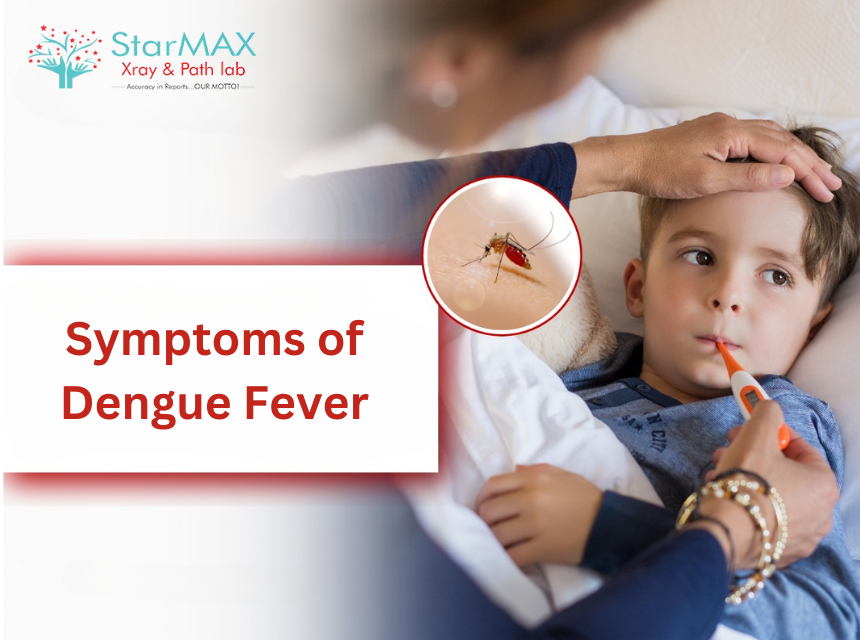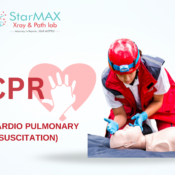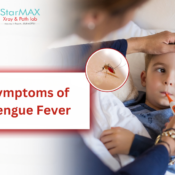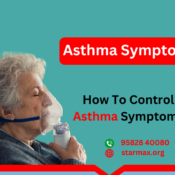
Identifying Early Symptoms of Dengue Fever
Dengue fever, a mosquito-borne disease, has become a significant public health concern globally, with millions affected every year. Early detection and timely medical intervention are crucial to prevent complications and reduce mortality rates. In this article, we will delve into the early symptoms of dengue fever, its diagnosis, treatment options, and prevention strategies.
Dengue Fever
Dengue fever is caused by any of the four dengue virus serotypes (DEN-1, DEN-2, DEN-3, and DEN-4) transmitted through the bite of an infected Aedes mosquito. The virus incubates for 3-14 days, after which symptoms appear. Dengue fever can affect anyone, but certain groups are at a higher risk, including:
– Children under 12 years
– Adults over 50 years
– Pregnant women
– People with weakened immune systems
Early Symptoms of Dengue Fever
Recognizing early symptoms is vital to seek prompt medical attention. The initial symptoms of dengue may resemble those of other illnesses, making diagnosis challenging. However, be aware of the following early signs:
– High Fever: A sudden onset of high fever, usually above 104°F (40°C), is the most common symptom.
– Severe Headache: A piercing headache, often accompanied by eye pain, is a characteristic early symptom.
– Muscle and Joint Pain: Pain and stiffness in the muscles and joints, especially in the knees, elbows, and ankles.
– Rash: A flushing of the skin, followed by a characteristic rash, may appear on the torso, arms, and legs.
– Nausea and Vomiting: Mild to severe nausea and vomiting may occur.
– Fatigue: Feeling weak and exhausted.
– Loss of Appetite: Reduced interest in food and drinks.
– Sore Throat: Mild to severe sore throat.
Diagnosing Dengue Fever
Diagnosis is based on a combination of clinical symptoms, physical examination, and laboratory tests, including:
– NS1 Antigen Test: Detects the presence of the dengue virus in the blood.
– IgM Antibody Test: Confirms the presence of antibodies against the dengue virus.
– Complete Blood Count (CBC): Helps rule out other infections and monitors platelet count.
Treatment and Management
There is no specific treatment for dengue fever. However, early medical intervention can significantly improve outcomes. Treatment focuses on:
– Fluid Replacement: Intravenous fluids and electrolytes to prevent dehydration.
– Pain Management: Over-the-counter pain relievers, such as acetaminophen, to manage fever and pain.
– Rest: Adequate rest and avoidance of strenuous activities.
– Monitoring: Regular check-ups with your healthcare provider to monitor platelet count and prevent complications.
Complications and Prevention
Dengue fever can lead to severe complications, such as dengue hemorrhagic fever (DHF) and dengue shock syndrome (DSS), which can be fatal. Prevention is key:
– Mosquito Control: Eliminate mosquito breeding sites, use insect repellents, and wear protective clothing.
– Vaccination: Get vaccinated against complications , especially if you live in endemic areas.
– Personal Protective Measures: Avoid mosquito bites by using screens on windows and doors, and wearing long-sleeved shirts and pants.
Living with Dengue Fever
While recovering from dengue fever, it’s essential to:
– Stay Hydrated: Drink plenty of fluids, such as water, clear broths, and electrolyte-rich beverages.
– Avoid Non-Steroidal Anti-Inflammatory Drugs (NSAIDs): Avoid medications like ibuprofen and aspirin, as they can increase the risk of bleeding.
– Seek Medical Attention: If you experience severe abdominal pain, vomiting blood, or difficulty breathing.
Conclusion
Early detection and timely medical intervention are crucial in managing this. Be aware of the early symptoms, and seek medical attention if you suspect fever. By working together, we can reduce the burden of this debilitating disease and save lives.



